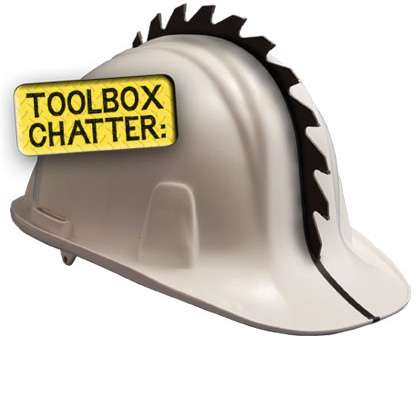Getting migraine headaches is tough. Managing a migraine at work can be even trickier. Can you keep migraines at bay while you’re on the job? What can you do if one strikes during working hours? When do you tell your boss? WebMD spoke with migraine and workplace experts about that. Here’s their advice:
HEADACHE PREVENTION
If a migraine strikes at work and is not treated and resolved quickly enough, there’s a good chance it will hamper your ability to operate at full speed or in some cases, stay at work at all.
Migraines are often seen as a minor condition by people who don’t get them. If your coworkers have never suffered a migraine, they might be clueless about what you’re going through.
One of the best ways to address migraines at work is to avoid one, says Noah Rosen, MD, director of the Headache Center at the Cushing Neuroscience Institute at the North Shore-LIJ Health System in Manhasset, New York.
If you don’t already know, it’s worth figuring out what your most common migraine triggers are. Keeping a log of your headaches may help you get a better handle on what increases the chances of a migraine coming on, so you can take steps to reduce their frequency or avoid them.
WHEN A MIGRAINE STRIKES
Rosen says studies suggest that when a migraine strikes, taking medication as soon as the pain starts can help to prevent a headache from getting out of control. Rosen advises to use non-sedating medications while at work and keep the heavy stuff at home. Narcotic pain relievers and some anti-nausea medications can be quite sedating. Any new medication should always be tried first at home, so you know how you react to it.
CURB HEADACHE TRIGGERS
Many jobs—whether because of the nature of the responsibilities or the work environment itself—can worsen headaches in someone with a migraine condition. Minimizing the impact of work-based triggers may help keep migraines at bay. Some tips include drinking more water, limiting caffeine, and avoiding salty foods. Take your scheduled breaks and eat a healthy lunch. Take your vacation days to curb job stress as the year unfolds.
TO TALK OR NOT TO TALK
Generally, it’s a good idea to keep your personal life separate from work life. But if you find your migraine symptoms are interfering with your job performance, it may be time to let your boss and/or coworkers know about your migraines. Having a note from your doctor confirming your migraine condition and your work-based triggers is recommended.
KNOW YOUR RIGHTS
Migraines can be classified as a disability under the Americans with Disabilities Act, which makes it illegal for an employer to discriminate against you because of a disability. Whether or not you classify depends upon the degree to which your condition limits your ability to do your job.
“It’s worthwhile that you know your rights to begin with because many times employers do not know what your rights are,” Reisinger says.
That’s why talking with your company’s Human Resources department can be an important way of protecting yourself if your condition gets in the way of your work. You can also do your own research at resources such as The Job Accommodation Network (JAN), a service provided by the U.S. Department of Labor’s Office of Disability Employment Policy offering guidance on workplace accommodations and disability employment issues. ■
For More Information:
Article written by Lisa Zamosky and reviewed by Brunilda Nazario, MD. For more information and articles on health matters, visit www.webmd.com.
_________________________________________________________________________
Modern Contractor Solutions, September 2013
Did you enjoy this article?
Subscribe to the FREE Digital Edition of Modern Contractor Solutions magazine.

Migraines and Your Job


